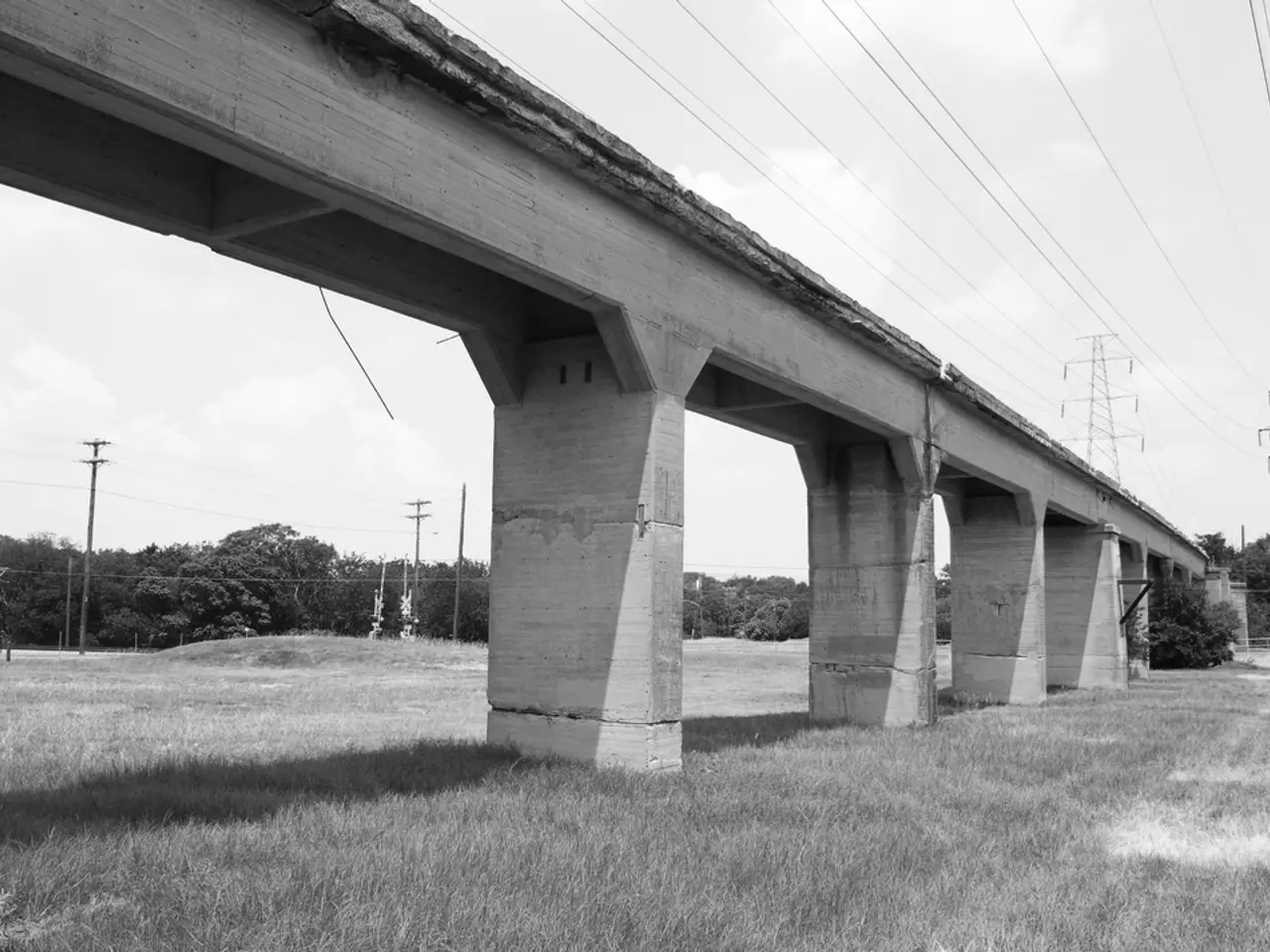Colorado accelerates clean energy initiatives before federal tax incentives expire
Colorado Pushes for Rapid Approval of Renewable Energy Projects
In a bid to capitalize on the expanding renewable energy sector, Colorado is making strides to expedite the approval of numerous projects. The state's energy establishment, including the Colorado Energy Office, the Office of the Utility Consumer Advocate, Xcel Energy, and the Platte River Power Authority, have all voiced their support for this initiative.
The Platte River Power Authority, as part of the Black Hollow Sun solar project phases, has requested a swift decision for "seamless procurement" in Colorado. This request aims to secure final permits by mid-2026 for 4 gigawatts of renewable energy, 200 megawatts of thermal capacity, and 300 megawatts that could be gas or energy storage.
The urgency behind this push stems from the Republican tax and spending law, which has drastically shortened the timeline for wind and solar projects to qualify for federal tax credits. Under the new timeline, developers must begin construction before July 4, 2026, or commence operations by the end of 2027.
Gov. Jared Polis has identified the immense financial stakes of the moment and emphasized the critical importance of these actions to Colorado ratepayers in an Aug. 1 letter. Delivering on the faster schedule could save Xcel's Colorado customers $5 billion over 20 years.
However, the sudden change puts states in a tight spot and could force customers to pay billions of dollars more due to the new deadlines from the Republican majority in Congress. Power demand and utility bills are already rising nationwide, and this added pressure could exacerbate the situation.
In response, Gov. Polis has urged state authorities to eliminate administrative barriers and bottlenecks for renewable energy projects. On Aug. 22, the state's Public Utilities Commission received an official request to speed up decision-making for a "near-term procurement".
Colorado currently has around 5 gigawatts of wind and 4.5 gigawatts of solar installed. The state's efforts aim to maximize the utilization of tax credits and reduce future tariff uncertainty. If wind or solar projects cannot get started within a year, they will be considerably more expensive, making it crucial for Colorado to act swiftly.
The utilities commission approved an expedited timeline to decide on the joint proposal on Aug. 27. Colorado's efforts could serve as a playbook for other states to follow, potentially helping them avoid billions of dollars in additional energy costs for decades to come. As the nation grapples with rising energy costs, Colorado's proactive approach could pave the way for a more sustainable and cost-effective energy future.








